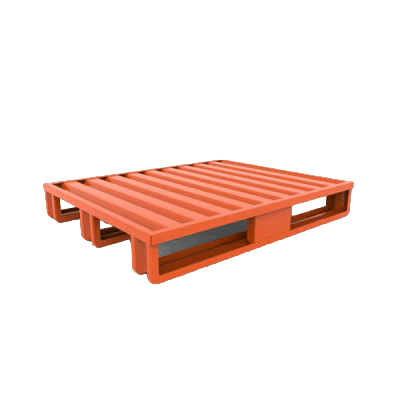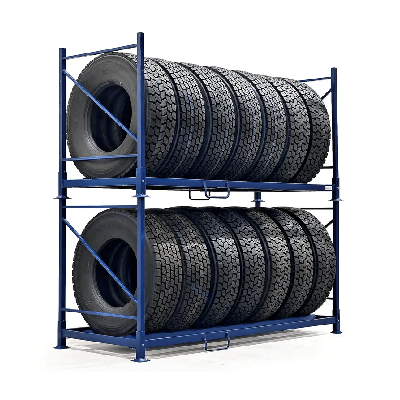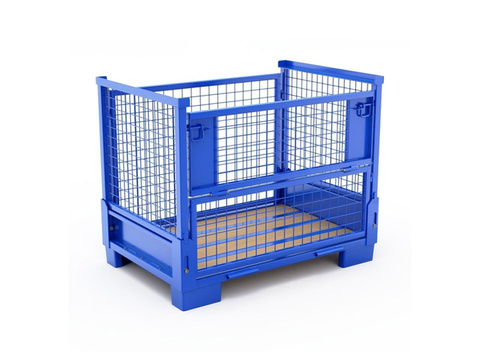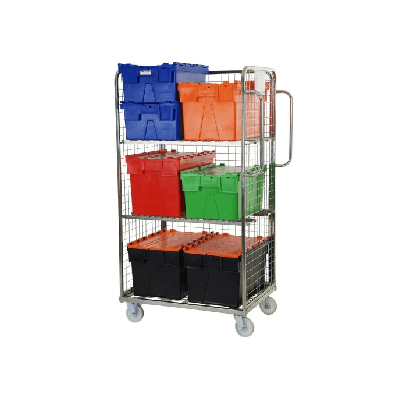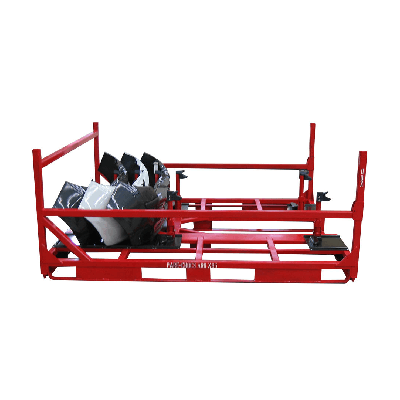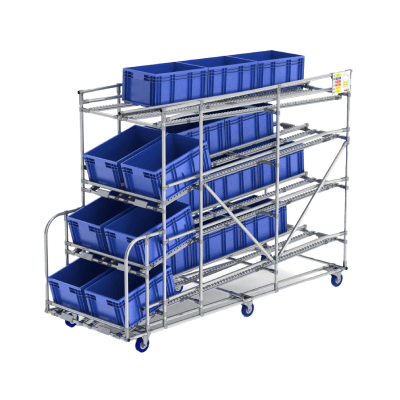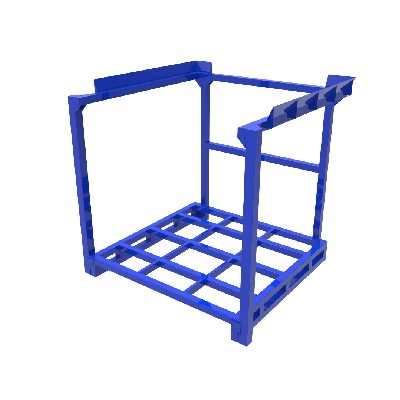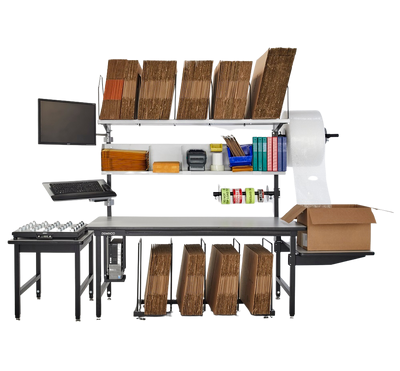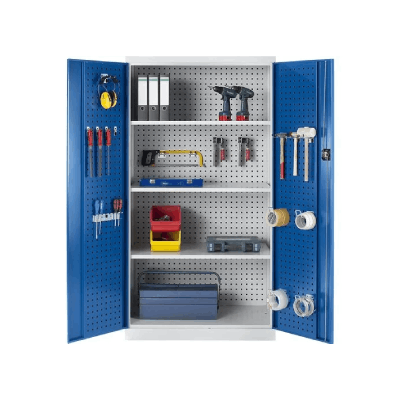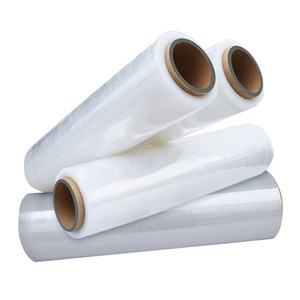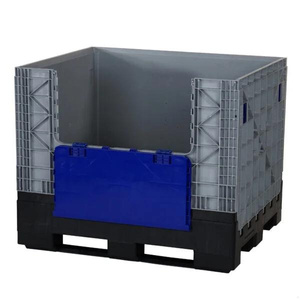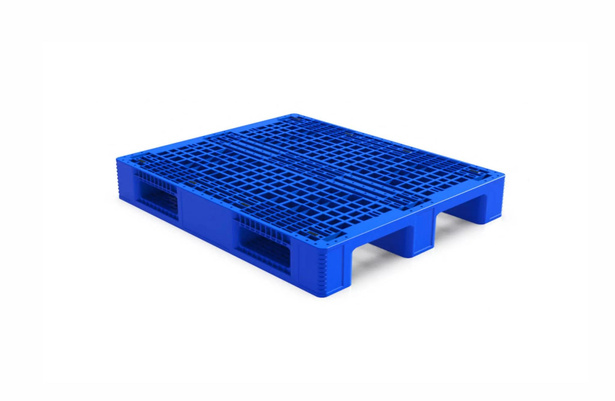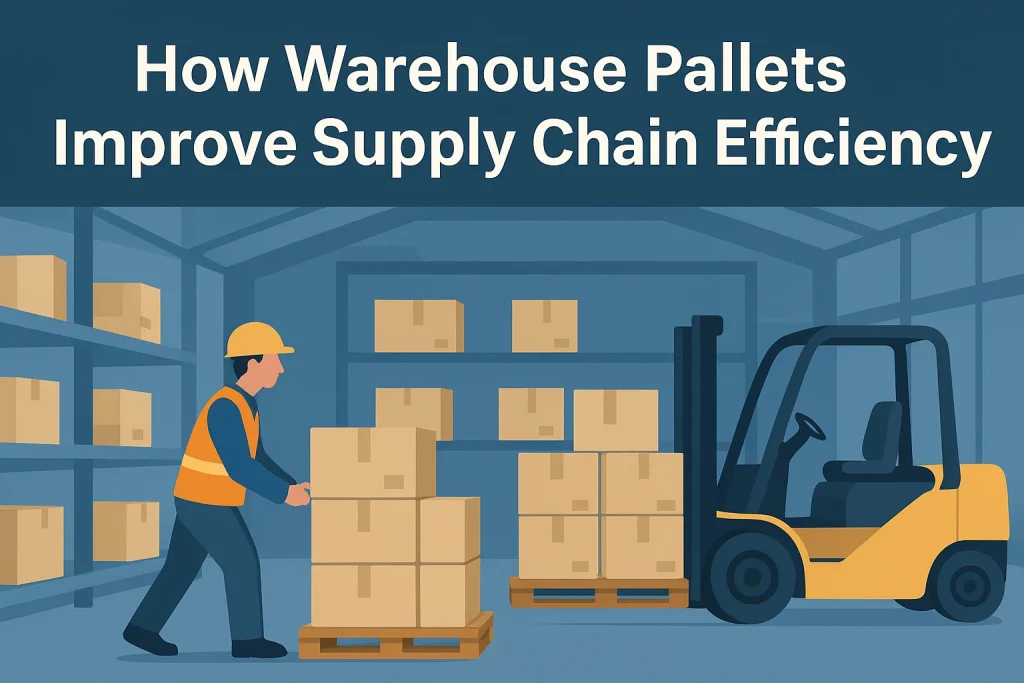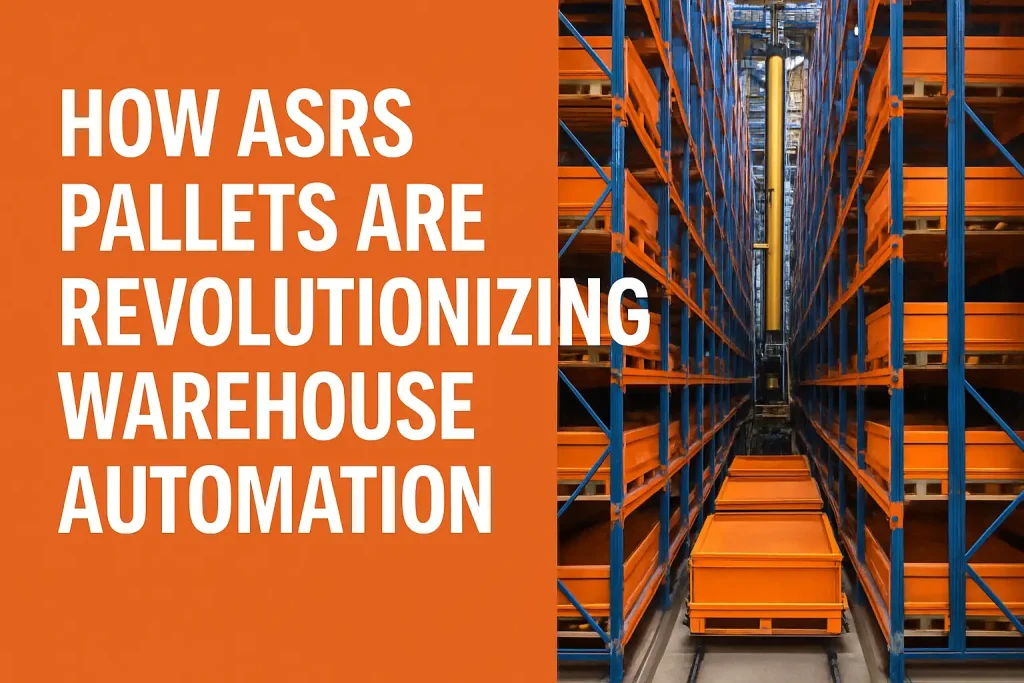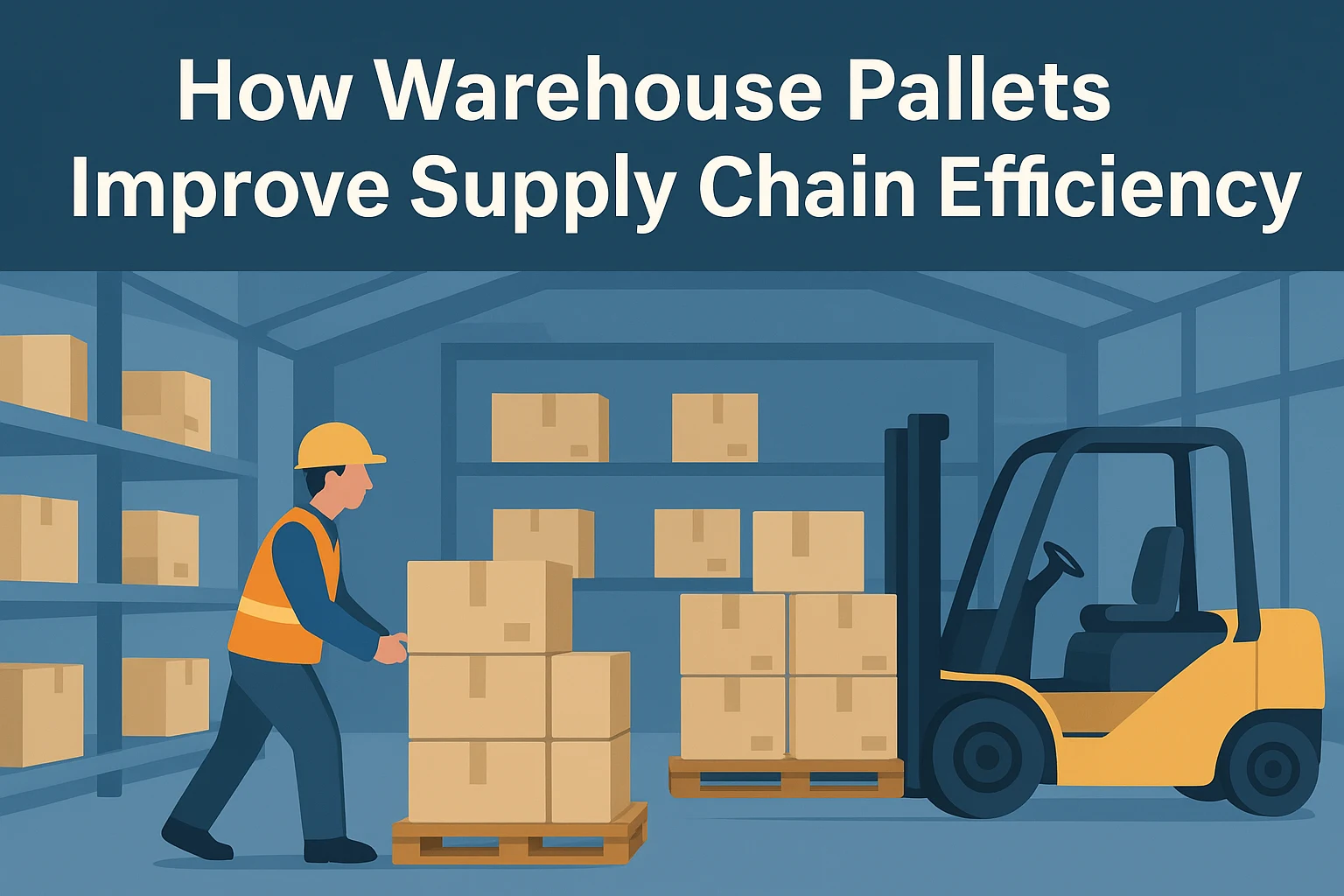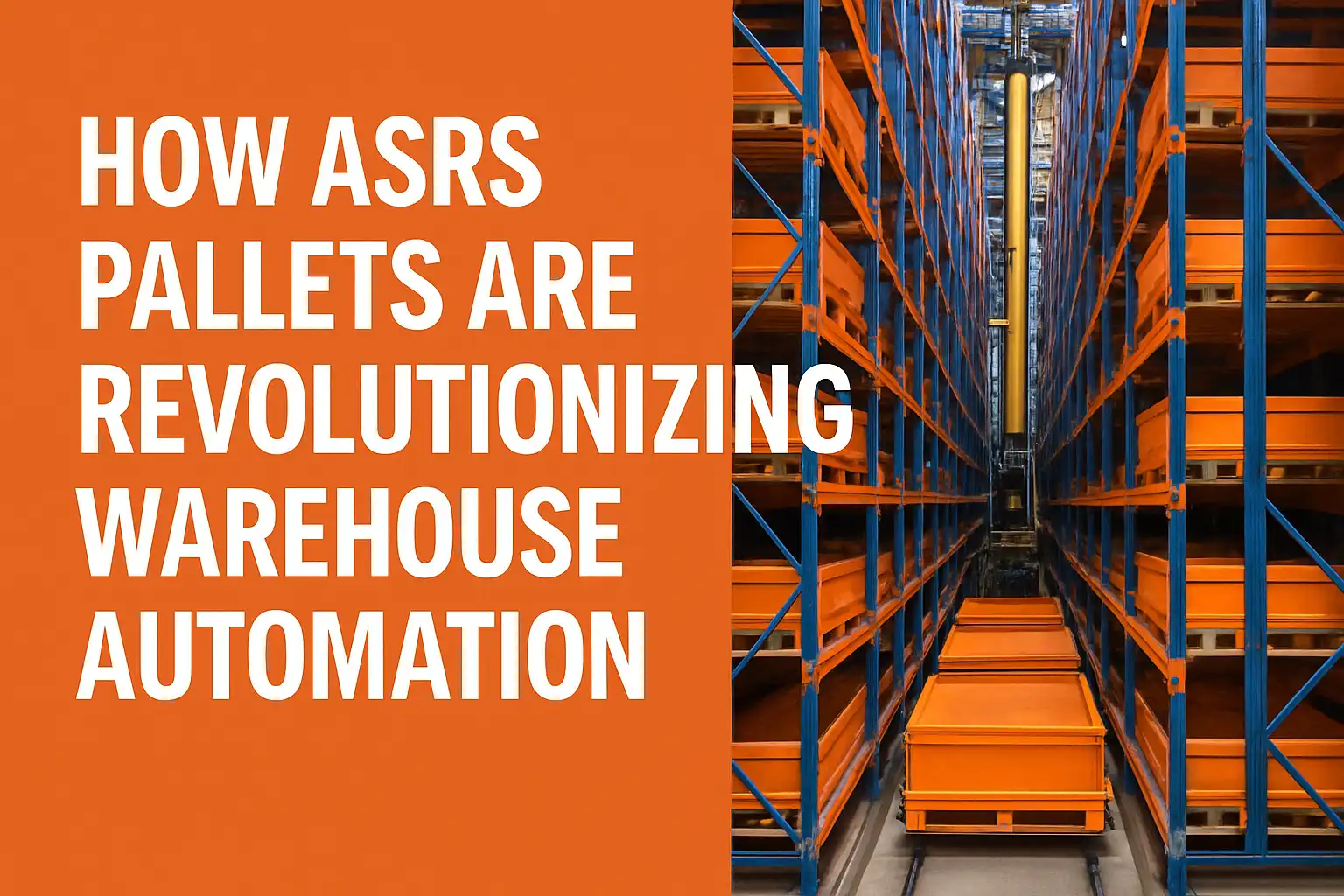Efficient storage solutions are critical for any business that manages inventory or operates within a supply chain. Among the most essential tools for effective storage and transportation are warehouse pallets. These versatile platforms not only simplify the handling of goods but also protect them from damage during transit and storage. Whether you’re a small business or a large-scale enterprise, choosing the right warehouse pallets can significantly impact your operations.
This blog explores the importance of warehouse pallets, their types, materials, and key benefits, helping businesses make informed decisions for their storage needs.
Table of Contents
ToggleWhy Are Warehouse Pallets Essential?
Warehouse pallet serve as the backbone of modern logistics and supply chain operations. Their primary role is to provide a stable platform for stacking, storing, and transporting goods efficiently. Pallets improve operational efficiency by:
- Ease of Transportation: Pallets enable smooth movement of goods using forklifts, pallet jacks, and automated systems.
- Space Optimization: Pallets facilitate vertical storage, maximizing the use of available space in warehouses.
- Product Protection: Elevated goods on pallets are less vulnerable to contamination, dirt, and damage.
- Improved Efficiency: Pallets streamline loading and unloading processes, reducing labor and time costs.
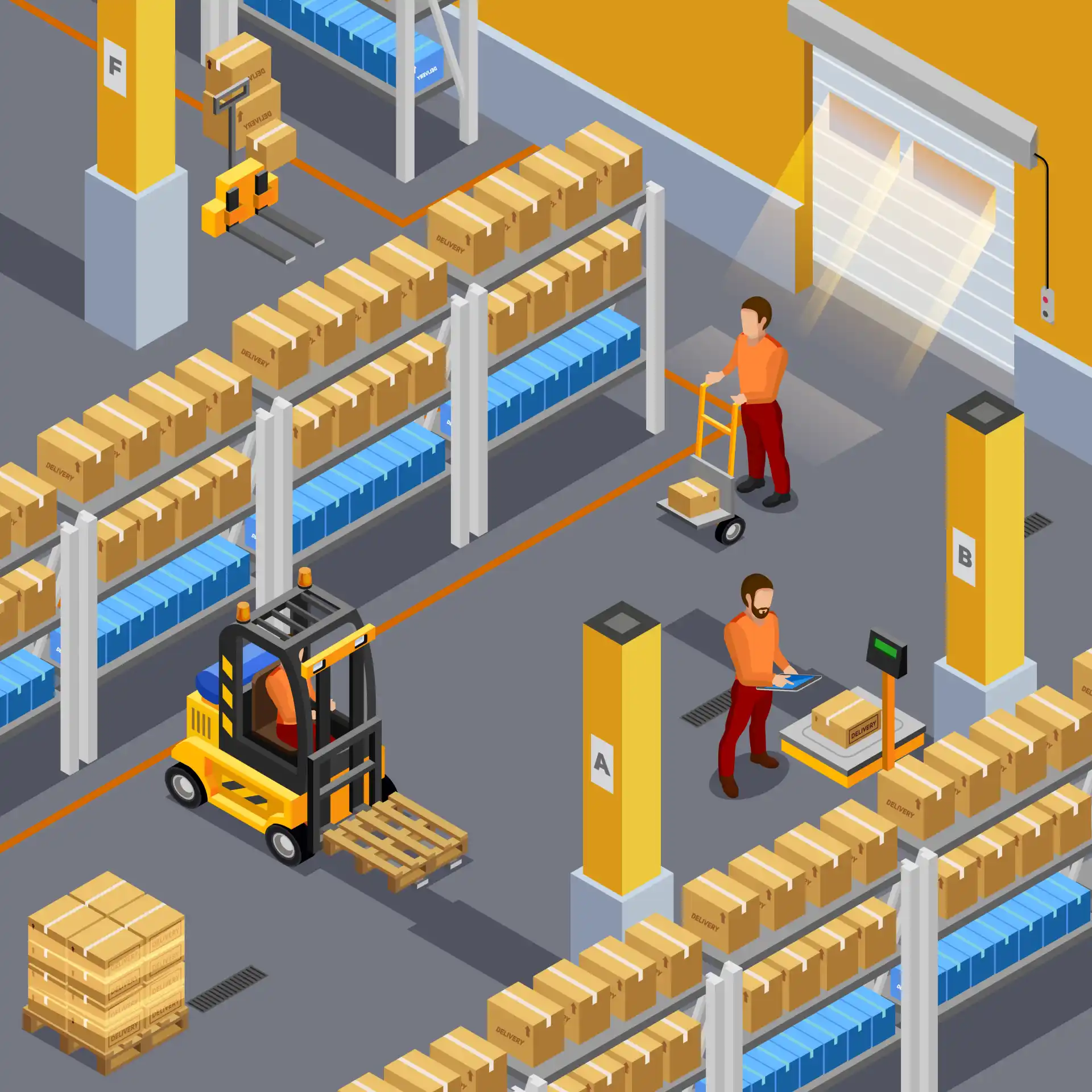
Types of Warehouse Pallets
The market offers various pallet types to cater to diverse industry needs. Selecting the right pallet depends on load capacity, material compatibility, and environmental conditions.
1. Wooden Pallets
Wooden pallets are among the most popular owing to their durability and price. They are suitable for applications that require heavy duty and can handle a wide range of items. However, they may require frequent maintenance to avoid wear and tear.
2. Plastic Pallets
Plastic pallets are light, strong, and resistant to humidity and toxins. These pallets are suitable for industries requiring high hygiene standards, such as food and pharmaceuticals.
3. Metal Pallets
Metal pallets typically made from steel or aluminum, are designed for heavy loads and harsh environments. Their longevity makes them a cost-effective choice for industries like construction and automotive.
4. Composite Pallets
Composite pallets combine materials such as wood, plastic, and metal, offering a balance of durability, weight, and cost. They are adaptable and may be tailored to specific uses.
5. Corrugated Pallets
Corrugated pallets are lightweight and eco-friendly, often used for one-time shipping or light-duty storage. They are an excellent choice for companies focusing on sustainability.

Factors to Consider When Choosing Warehouse Pallets
Choosing the correct warehouse pallet necessitates a thorough assessment of your company’s demands and operational environment. Here are key factors to consider:
1. Load Capacity
Determine the weight your pallets need to support. Overloading pallets can lead to structural failure, risking damage to goods and safety hazards.
2. Material Compatibility
Match the pallet material to the nature of your products. For example, plastic pallets are ideal for sensitive goods, while metal pallets are better suited for heavy machinery.
3. Durability and Longevity
Consider the pallet material’s longevity under your storage and transit conditions. High-durability pallets can withstand extreme temperatures, moisture, and rough handling.
4. Size and Standardization
Choose pallets that conform to industry standards for compatibility with transportation and storage systems. Common sizes include 48×40 inches for North America and 1200×1000 mm for Europe.
5. Environmental Impact
If sustainability is a priority, opt for recyclable or reusable pallets made from eco-friendly materials like corrugated cardboard or recycled plastic.
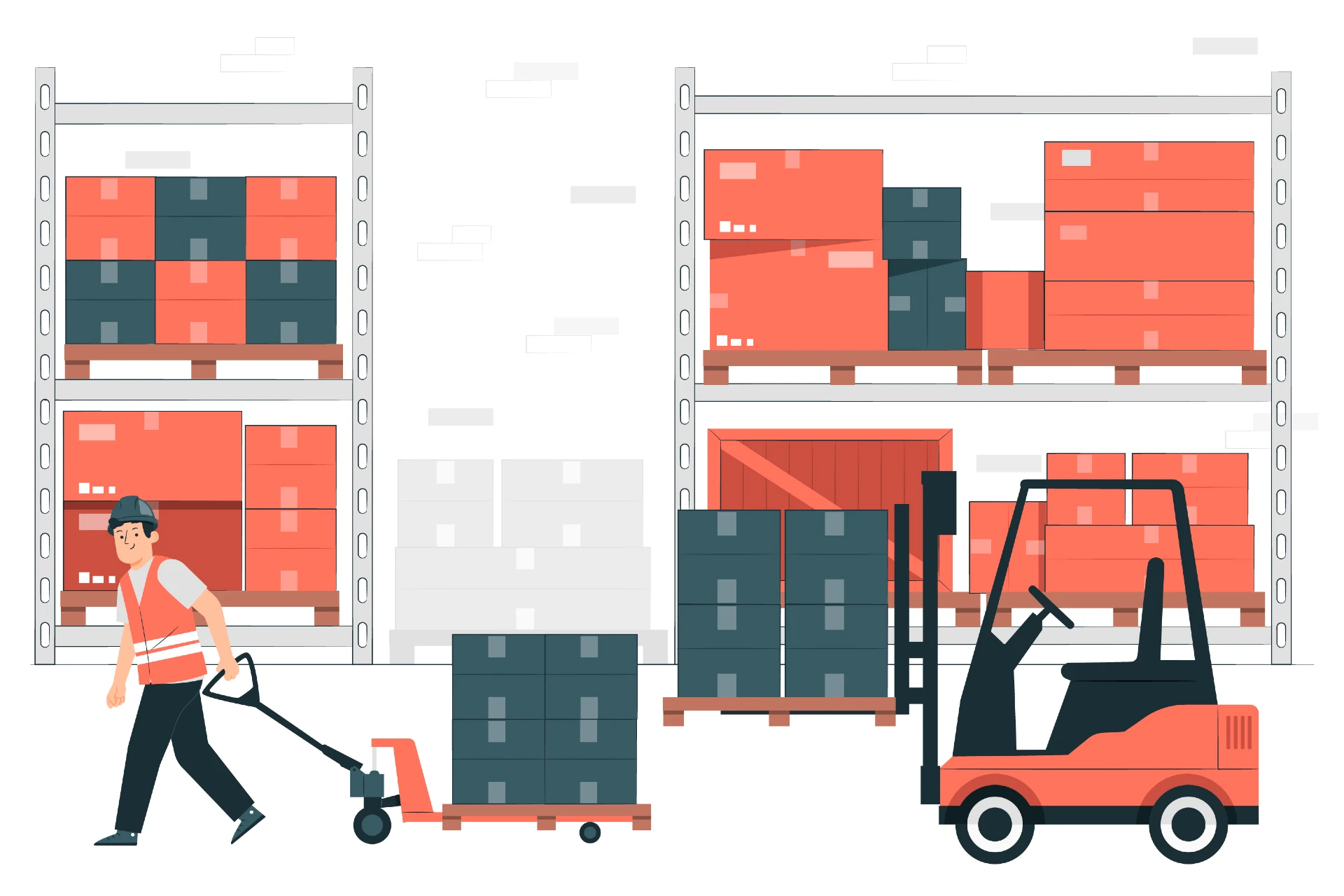
Benefits of Durable Warehouse Pallets
Investing in durable warehouse pallets offers a multitude of benefits for businesses, ranging from cost savings to improved operational efficiency.
1. Cost Efficiency
High-quality pallets have a longer lifespan, reducing the need for frequent replacements. Reusable pallets also minimize expenses related to waste disposal.
2. Enhanced Safety
Durable pallets ensure stable stacking and secure transportation, minimizing the risk of accidents or damage to goods.
3. Operational Flexibility
Strong pallets can accommodate a wide range of products, allowing businesses to handle diverse inventory with ease.
4. Sustainability
Durable pallets reduce waste generation and support circular economy initiatives by being reusable or recyclable.
5. Brand Reputation
Using high-quality pallets demonstrates a commitment to reliability and professionalism, enhancing your brand’s reputation among customers and partners.
How to Maintain Warehouse Pallets?
Proper maintenance can extend the lifespan of your pallets and maximize their value. Follow these tips to ensure your pallets remain in optimal condition:
- Regular Inspections: Check for cracks, splinters, or other signs of wear that could compromise pallet performance.
- Load Management: Avoid overloading pallets beyond their specified weight capacity.
- Cleanliness: Keep pallets clean to prevent contamination, especially in industries with strict hygiene standards.
- Storage Conditions: Store pallets in a dry, temperature-controlled environment to prevent warping or degradation.
- Repairs: Minor damage should be addressed as soon as possible to avoid it becoming a serious concern.
Industry Applications of Warehouse Pallets
Warehouse pallets are used across various industries, each leveraging their benefits in unique ways:
1. Retail
Retailers use pallets for efficient product storage and transportation within distribution centers and stores.
2. Food and Beverage
Pallets ensure the safe handling of perishable items while meeting hygiene standards.
3. Manufacturing
In manufacturing, pallets support the transportation of raw materials and finished goods between production stages.
4. Pharmaceuticals
Plastic pallets are preferred for their resistance to contamination, ensuring the integrity of medical supplies.
5. Logistics and Warehousing
Pallets are integral to streamlining supply chain operations, enabling fast and efficient movement of goods.
The Future of Warehouse Pallets
As technology advances, warehouse pallets are becoming smarter and more efficient. Innovations such as IoT-enabled pallets and RFID tagging are transforming the way businesses track and manage inventory. These smart pallets provide real-time data on location, temperature, and weight, enhancing operational visibility and decision-making.
Furthermore, the focus on sustainability is driving the development of eco-friendly pallet materials and recycling programs. Businesses adopting such solutions are not only reducing their environmental footprint but also meeting the growing demand for sustainable practices from consumers and stakeholders.
Conclusion
Warehouse pallets are indispensable tools that contribute to the efficiency and safety of storage and transportation processes. By selecting the right pallets for your needs and maintaining them properly, businesses can achieve significant cost savings and operational improvements.
For reliable and durable warehouse pallet solutions tailored to your industry requirements, Kole Global offers advanced options designed for efficiency and sustainability. Contact Kole Global today to explore how their pallets can transform your storage operations.
Frequently Asked Questions:-
1. What are warehouse pallets, and how might they improve storage efficiency?
- Warehouse pallets are platforms that are intended to stack, store, and move items effectively. They improve storage by providing stability, protecting products from damage, and allowing vertical stacking, which maximizes warehouse space.
2. What materials are commonly used in manufacturing warehouse pallets?
- The most common materials for warehouse pallets include wood, plastic, metal, composite materials, and corrugated cardboard. Each material offers unique benefits, such as wood being cost-effective, plastic providing resistance to moisture, and metal being ideal for heavy-duty applications.
3. How do I determine the best warehouse pallet for my business needs?
- Choosing the right pallet depends on your specific requirements, including the weight of the goods, the environmental conditions, and the compatibility of the pallet material with your products. For example, plastic pallets are ideal for industries like food and pharmaceuticals due to their hygienic properties.
4. Are warehouse pallets environmentally friendly?
- Many warehouse pallets are designed with sustainability in mind. Plastic and composite pallets are reusable and recyclable, while corrugated cardboard pallets are eco-friendly and biodegradable. These options reduce waste and align with green business practices.
5. How can I ensure my warehouse pallets remain durable over time?
- Maintaining warehouse pallets involves regular inspections for damage, proper cleaning to prevent contamination, and storing them in controlled environments to avoid wear and tear. Addressing any minor issues promptly will help extend their lifespan and maintain their effectiveness.

